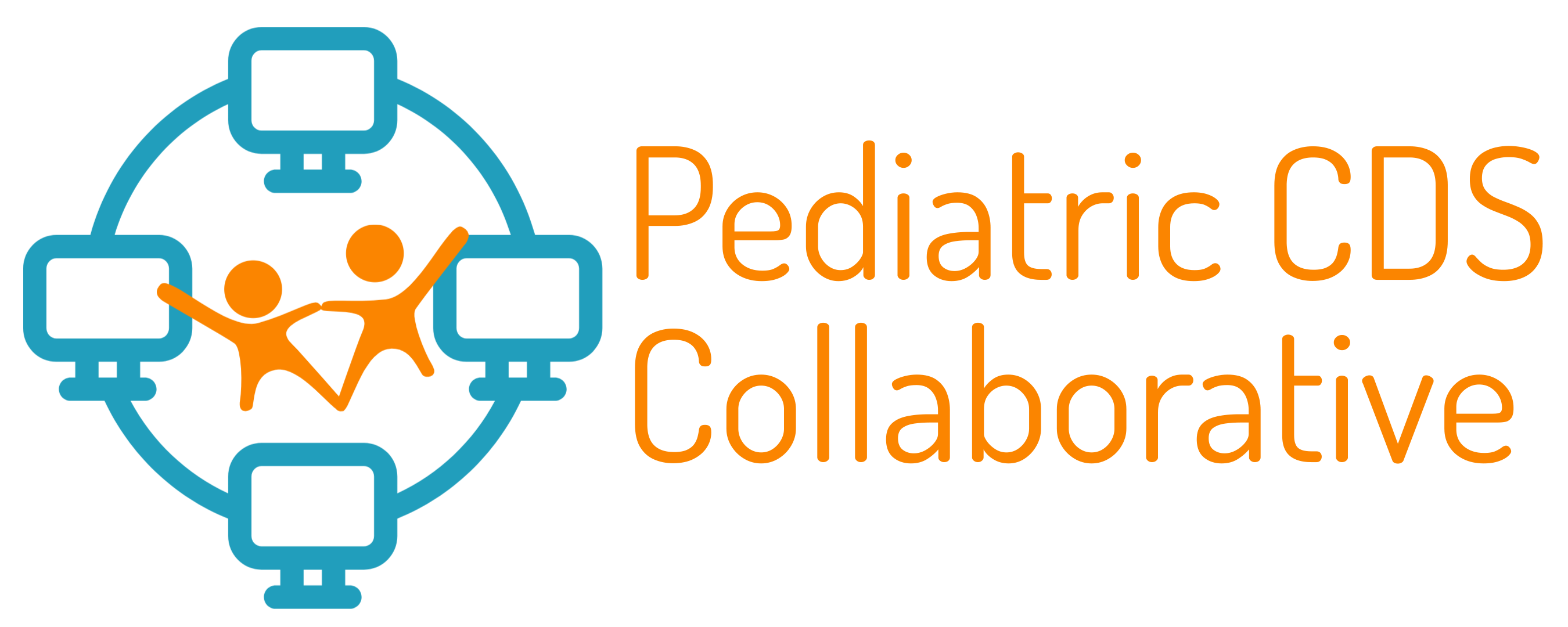Erik Kirkendall, Naveen Muthu (Co-PIs)
Project Summary
Clinical decision support (CDS) systems were developed to improve the quality and safety of medical practice. At present, however, these systems are generally not tied to clinical outcomes, decreasing their effectiveness. Additionally, CDS is often built one institution at a time, so effective CDS does not scale and achieve its potential. Our proposed study aims to expand existing CDS metrics and data sharing infrastructure across six CTSA hubs. In doing so, this study seeks to fully realize the effectiveness of CDS systems through the leveraging of electronic health record (EHR) data and ultimately reducing the barriers to highly efficient data interoperability. Our hypothesis is that the development of translational metrics and data sharing infrastructure across multiple institutions will address both translational science and research barriers, increasing the efficiency and effectiveness of CDS, and improving clinical outcomes. Through this study, we will create a centralized and highly efficient data-sharing infrastructure to support translational clinical decision support analysis and benchmarking of performance across sites. We will ground our work in the EPIS Framework, which consists of Exploratory, Preparation, Implementation, and Sustainment phases. The EPIS conceptual framework is well-known, reliable, efficient, and scientifically valid for our approach. We will ground the work from all five aims (across both the UG3 and UH3 phases) in this framework, testing our approach for gains in efficiency, collaborative performance, and translational outcomes. In the UG3 Phase (Aims 1-3) we will create the processes and governance for the Translational CDS Collaborative, build the analytical infrastructure and test its performance, and establish feasibility of the collaborative beyond the initial study sites. After reaching our milestone goals, we will progress into the UH3 Phase (Aims 4-5), which will evaluate the impact of the collaborative on clinical outcomes and expand the capabilities and impact of the infrastructure. The proposed work will set the foundation for efficiently and effectively creating, disseminating, implementing, and evaluating electronic CDS. We will create a centralized collaborative learning platform and shareable resources for CTSI sites, acting as an innovation nidus for the entire informatics and clinical research community, enabling data-driven CDS design recommendations and frameworks. This CTSA-sponsored project will aggregate the expertise, talent, and resources we have at our individual sites into a collective program that is designed to reframe CDS as a translational catalyst and enabler. The multi-site foundation we propose will serve as the starting point for the development of next-generation analysis of CDS data, the effective design of impactful CDS-based interventions, and innovative approaches to solving some of the largest challenges in modern informatics and clinical practice.
